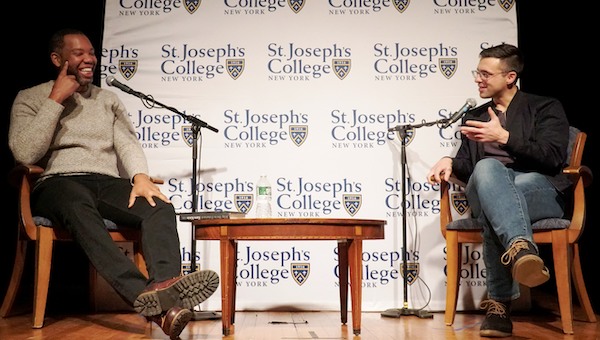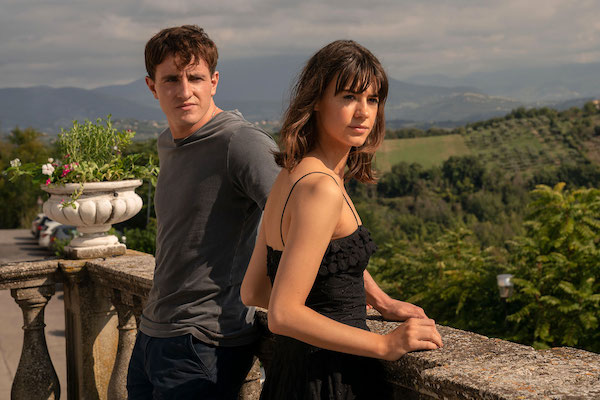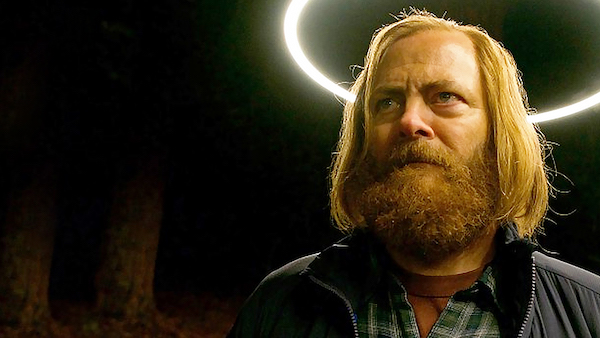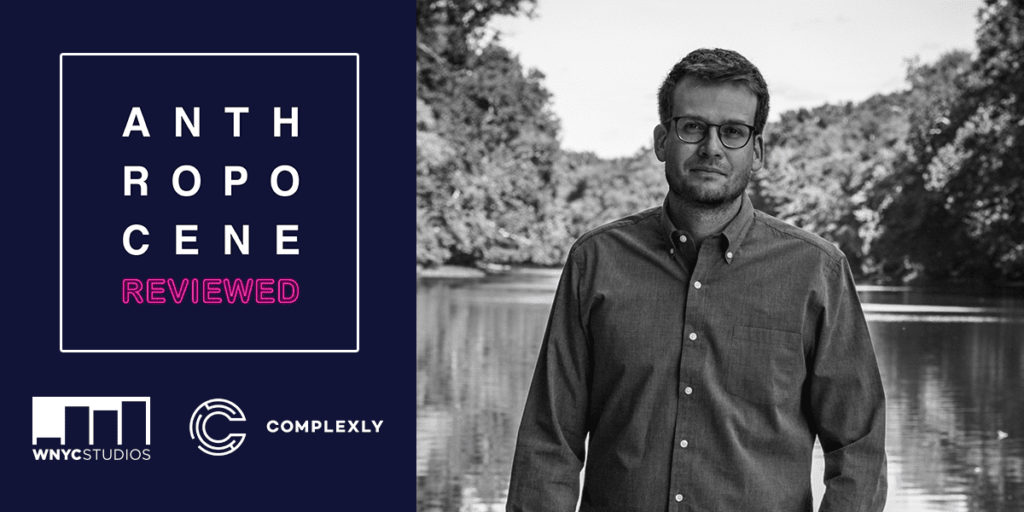Review: The Last Dance – What Are the Perils of Being Compulsively Competitive?
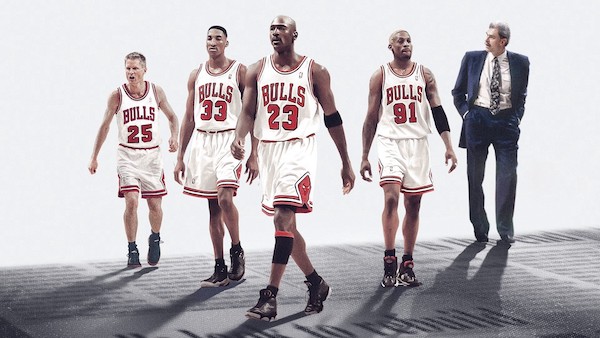
Like most people in the sports-starved world of 2020, I devoured every episode of ESPN’s 10-part series, The Last Dance, as they aired over the course of five weeks.
Especially if you grew up in the 90’s (like I did), and extra-specially if you spent those years in the greater Chicago area (like I also did), this was a glorious nostalgia-bomb that beautifully captured the thrill of witnessing one of the most exciting dynasties in sports history.
But after the thrill of all those championships fades, and the more I think about the story of Michael Jordan — Michael Jordan the man, the human being at the heart of this documentary — the more I’m amazed. Both that this series exists, and by its message about what it takes to be the best at something.
To give it credit, the series admirably highlights the contributions of players like Scottie Pippen, Dennis Rodman, and Steve Kerr, legendary coach Phil Jackson, and even maligned GM and strange little man, Jerry Krause, who in their own ways all propelled the Bulls to their historic dominance. This show knows, and says explicitly, that you can’t achieve greatness alone.
But the central theme the series keeps returning to is Jordan’s compulsive competitive drive. It shows up in games, in the locker room, how he treats teammates at practice, and in his love of gambling — all the way from big money golf games to quarter-flipping contests with his security guards.
Jordan didn’t just want to win, or like to win. He needed to win, and crucially, to beat everyone else. It’s important to keep in mind, Michael Jordan’s own company helped produce this film. It’s built on archival footage and interviews he willingly participated in, and probably even blessed to a certain extent. That means The Last Dance is not an expose; it’s the story that Jordan, at least in some ways, wanted to tell about himself.
And again and again, that means rewinding to pivotal moments in his career, and not just focusing on what he achieved, or how hard he worked, but why. What motivation did he draw on to push himself harder than anyone else?
More often than not, in his own words, it came down to petty rivalry. Jordan’s desire to prove some doubter wrong, bury some opponent who’d talked trash, or show a world who might consider someone else his equal that he could blow that player out of the water.
THAT’S what seemingly pushed Jordan to all his highest heights. And they were higher than anyone’s.
A charitable way to frame this is that he just cared that much more than any other player. He talks occasionally in classic sports mantras, like wanting to give the audience the show they paid for, or how there’s no point in playing at all if you’re not going to leave everything on the court.
But the show, quite purposefully, is not content to live within those kind of cliches. It goes out of its way to build up these grudges and then connect them to his moments of greatness.
Michael Jordan is compelled to compete above all else. Winning consumes him. Winning is all that matters. He wanted to defeat every opponent, demolish every obstacle, destroy every record.
And once he did, he was finished.
The other, subtler theme of The Last Dance is an undercurrent of sadness. The loneliness of fame. The solitude at the top of the mountain. The stats, the highlight reels, the posters and ads and collectible sneaker line…Michael Jordan changed the world. He left his mark on the universe, no doubt about it.
But this show doesn’t feel like a celebration of greatness. Not entirely. It feels like a reckoning with the cost of a life lived only for competition. After the trophies are kissed, what comes next? Once the records are broken, what do you choose to build?
The series leaves us not with images of what happened afterward — a happy family, charitable works, business success, or lifting up a new generation of players — but, like another story of a man whose only drive was to win at all costs (no, not the 45th president, I’m thinking more Daniel Plainview).
It ends with a man, alone in his castle, wondering what else is left once you’ve supposedly won everything there is to win, and vanquished your last opponent.
And at that point I can’t help but wonder: do I want to “Be Like Mike”? Should any of us? After watching The Last Dance, I’m not so sure.
